How to raise happy kids: What makes a good childhood
GROWING up today is more diverse, complex and challenging than ever before. So what makes a happy childhood? Role models and experts weigh in on what’s really important when raising kids.
VIC News
Don't miss out on the headlines from VIC News. Followed categories will be added to My News.
WHAT makes a good childhood? A group of well-known people who spoke to Weekend say it’s all about love, family, friends and safety.
For AFLW Collingwood star Moana Hope, it’s about having a “loving family, food on the table and clothes on your back”.
One of 14 kids whose father died young, she says times were tough in the Hope household, but there was a “bubble of love” that protected everyone.
Parenting author Justin Coulson says it’s important kids have at least one significant adult who is “crazy about them”.
The father of six girls, he’s busy trying to give his daughters the freedom he enjoyed as a child.
AFL women’s star Moana Hope says she plays footy for love not money
Moana Hope works long days and nights for her love of football and family
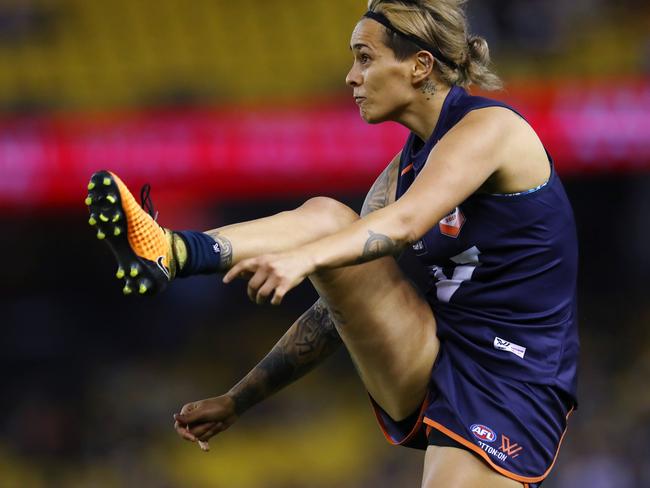
Radio presenter Jo Stanley, author of the Play Like a Girl junior fiction books, thinks childhood should also have “a healthy dose of hilarious, embarrassing, silly and surprising moments”.
Her own childhood was also marred by the early death of her father, but her mother ensured it was “all about being together”.
There’s no doubt childhood has changed enormously over time. In the 1950s, childhood was often centred around mothers who didn’t work devoting themselves full-time to raising their children.
By the 1970s, there were more working parents, giving rise to a generation of latchkey kids revelling in the freedom of neighbourhood life.
Childhood today is more diverse, complex and challenging. We’re more affluent than ever, but there are more children living in poverty. We’re healthier than ever, but more parents object
to lifesaving vaccinations. We are a stable and wealthy nation overall, but anxiety and depression rates are sky-high.
And despite better support, the numbers of vulnerable young people continue to grow.
According to Berry Street CEO Sandie de Wolf, half the children who don’t live with their parents are aged under five and the highest percentage are under the age of one.
Jo Stanley: Stopping violence is a matter of life or death
Family violence survivors in north need more help
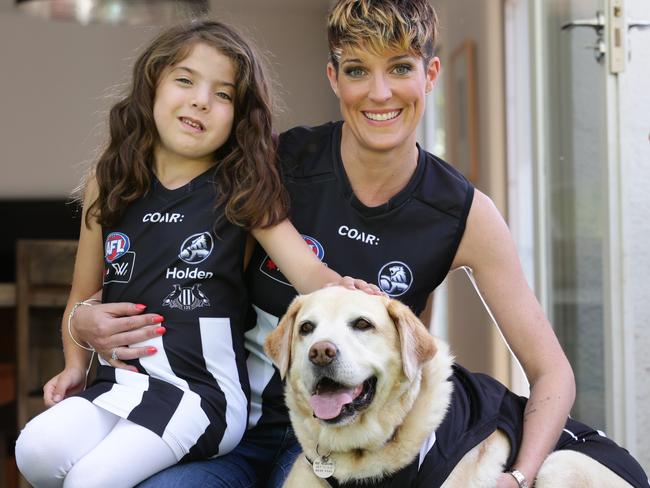
The question of what makes a good childhood is pertinent for Berry Street, a Victorian charity helping struggling parents and families. Not only does it want to celebrate what’s good about childhood, it wants to ensure the chance of having a stable, happy start in life is available to those who don’t have the benefit of growing up with their own loving family.
In celebration of its 140th birthday, Berry Street commissioned researcher Julie Noonan to explore what makes a good childhood. Noonan found the quality of children’s relationships is the most important thing.
“The overriding wellbeing factors identified by children were about their emotional life — the importance of their relationships; feeling positive about themselves; feeling safe and secure in their environment; and their ability to act independently,” Noonan says.
This finding mirrors data from the Australian Research Alliance for Children and Youth, which shows a gap between what parents and children think is important.
Their 2016 study found children’s wellbeing isn’t influenced by the size of their houses or the richness of their neighbourhoods. Rather, kids value their experiences and interactions with family, friends and neighbours.
Children greatly valued having a safe local area with good facilities that allowed them to form relationships with the people around them.
Studies clearly show the quality of the relationships, rather than the family structure, is the most important thing.
Parenting advice: How to handle raising boys
How to make your kids more resilient and build up their strengths

It’s a vital finding at a time when the white-picket fence fantasy of mum, dad, two kids
and a dog living together in the suburbs is heading towards extinction.
These days, ABS figures show 43 per cent of children under 13 are raised in non-traditional families, including single-parent families and those with non-biological parents and step or half-siblings.
Growing numbers also live in foster families and with relatives. The latter group, which is less likely to have long-term quality relationships, is suffering as a result.
Noonan’s research shows young people who need out-of-home care are considerably more likely than other young people to go to school or bed hungry, move house or school regularly, miss school, have health issues and be bullied.
And yet stability, love and security do not guarantee the happiness of parents or children.
Psychologist and author Michael Carr-Gregg spoke recently to some “quite anxious” parents of three and four-year-olds at a kindergarten in a well-off suburb in eastern Melbourne.
“The main things they wanted to know were about what sort of toys their boys and girls should be playing with — should they go with Mother Nature or should they decide for them?” Carr-Gregg says.
“And they wanted to know if their child was going to be good enough at maths and English.”
Psychologist Dr Michael Carr-Gregg lashes out against ‘crappy parenting’
Virgin Australia gives safety approval for gadgets to help kids sleep on flights
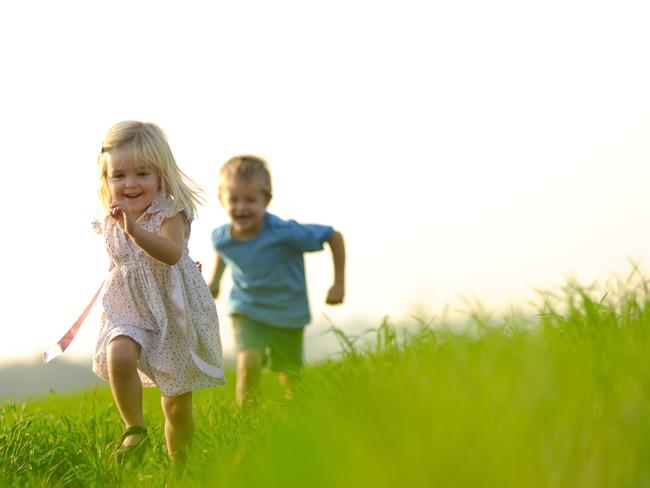
Those parenting on the margins are not the only ones feeling stressed and under pressure.
Noonan found parents say children’s constant use of social media and the pressure to keep up with others makes it harder for them.
Coulson agrees. “Today there is too much testing and evaluation,” he says. “Parents don’t want kids to miss out — they want them to be the best they can be but this can come at a cost, financially as well as wellbeing.”
De Wolf says childhood is different today, due to the impact of social media and the difficulty of finding jobs.
Melbourne AFL player Alex Neal-Bullen agrees with the pressure social media brings.
“Some kids have a few issues being accepted into a group of friends if they’re not into the latest social media or up to date with the latest brands,” Neal-Bullen says.
Commissioner for Children and Young People Liana Buchanan says the cost of keeping children safe online is the loss of freedom.
“IT and the internet have changed children’s lives enormously, especially the way they play and how quickly they access information,” Buchanan says.
Pressure on parents today comes from another source: the hefty dose of rose-coloured nostalgia for childhoods of the 1960s, 1970s and 1980s.
Disturbing figures reveal kids’ online use
Rosie Batty renews push for Royal Commission into Australia’s family law system
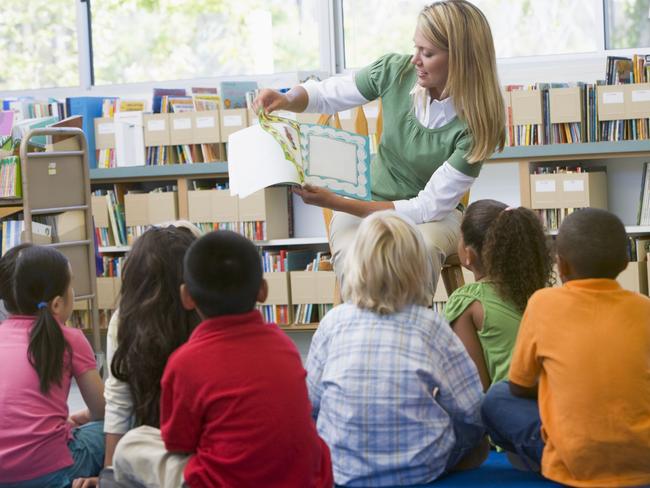
Kevin Moloney’s new book The Last Australian Childhood describes his upbringing in “vanilla” outer suburban Mount Waverley in the 1960s.
Moloney talks of running errands to buy cigarettes for his father, sitting next to him on the front seat of the Valiant and barracking for Richmond Football Club.
Coulson, who is in his 40s and was born in the mid 1970s, says his own childhood was “pretty free”.
“When I was at primary school both of my parents worked and I came home to an empty house and I’d get on my bike and ride and meet my friends. Getting home by dark before my parents got home was all that really mattered,” he says.
For some children, the early loss of a parent marked the end of such idyllic times.
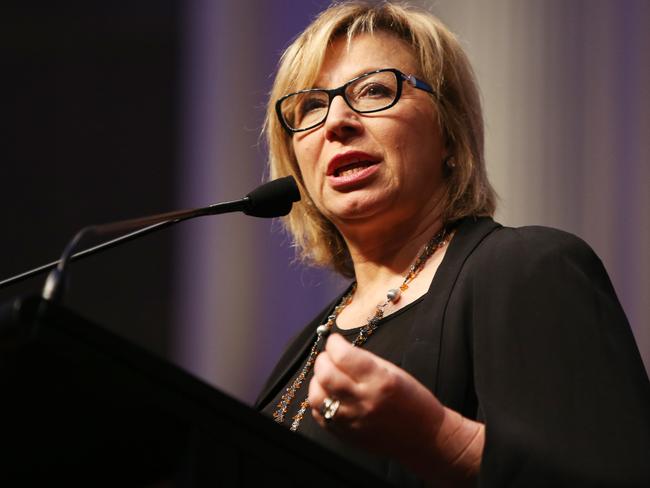
Anti-violence campaigner Rosie Batty, a former Australian of the Year, says her childhood was “often sad”.
“I lost my mother at the age of six, which really changed my childhood for myself and
my two younger brothers,” Batty says.
The impact of the death of one much-loved parent can be softened when there are many others around to support, love and cherish a child.
Stanley says her own childhood had “many sad or difficult times” after her father died when she was four and her mother never repartnered.
“I know life was extremely hard for our single mum,” Stanley says. “Despite that, we found ways to do things that were cheap or free, but varied — galleries, road trips, bushwalking, reading together, even visiting display homes, just for the fun of it.”
Changing gender roles in Australian society have also had an impact on childhood, National Tiles founder Frank Walker says.
Walker is the founder of the Family Peace Foundation, a non-profit organisation set up
to help bring about “a peaceful upbringing for every Australian child”.
He says he had an “idyllic” upbringing because his mother was “always there for us”.
“Today the vast majority of mothers have neither the time nor the desire to devote to children like mine did,” Walker says.
The fact that nearly a third of Australian residents are now born overseas means there are more people than ever with diverse childhood backgrounds.
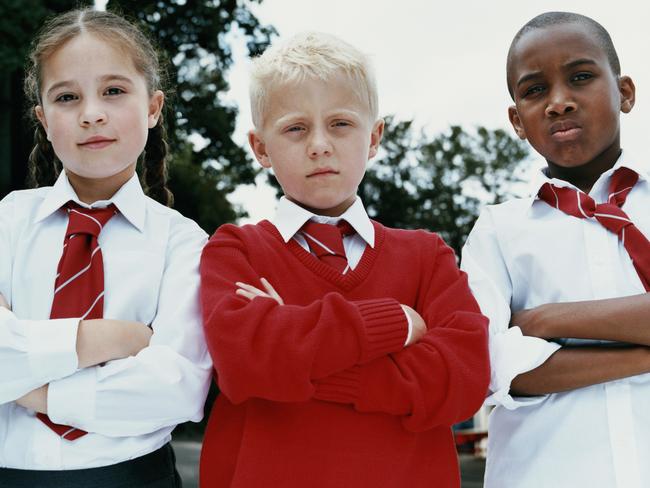
Model Bati Chuoli, 19, was born in a refugee camp in Kenya after her family escaped persecution in Sudan. She lives in Melbourne and came to Australia in 2004.
As Chuoli sees it, a good childhood “is one where you are not spoiled and given everything you ask for”.
“My father passed away when I was six but the memories of him to this day are tattooed into my head,” Chuoli, from FRM Model Management, says.
“That’s all him and my mum could hope for, education, and that’s exactly the reason why I am in Australia.”
So where does this leave parents today?
Can parents recreate idyllic outer suburban childhoods in the middle of a city? And what about those without stable family units, how do we make sure they don’t miss out?
De Wolf says what’s most important is “family and friends who make children feel loved and secure. It’s hard for kids who don’t have that and have to create it.”
“Even young children who have had terrible things happen to them feel it’s important to know where they have come from,” de Wolf says.
“There was one young woman who was in foster care at six weeks who was so physically abused they thought the trip from regional Victoria to Melbourne (where she was placed
in foster care) would be her last.
“What made the difference was her foster parents, who gave her a stable, loving home and she always had a relationship with her mum. They all walked her down the aisle when she got married.”
Coulson says it is possible to recreate the idyllic childhoods of past decades but “parents have to be intentional”.
In other words, they have to make it happen, rather than let it happen. For his family, it’s setting aside one day a week — Super Saturday — for everyone to do outdoors activities together.
De Wolf says it all comes down to increased investment when kids are young.
“The best bang for the buck comes from good-quality services for children in the early years,” she says.
“It’s all about giving parents the best possible chance of being the best parents they can be.”



